
3 Fluency Tips That Actually Work
5/22/20253 min read
Have you ever paused mid-conversation, your mind going blank as you search for the right word?
You’re not alone.
If you’ve ever said things like:
“My vocabulary isn’t strong.”
“I just can’t find the right words while speaking.”
This blog is for you.
Let me share three practical, psychology-backed English fluency tips that go beyond grammar and vocabulary — and actually work in real conversations.
1. You Don’t Need Fancy Words to Speak Fluent English
If you're getting stuck, it’s not because you don’t know enough English — it’s often because you're trying too hard to find the “perfect” word.
Let’s say you forget the word “articulate.”
Instead of freezing, you could simply say:
“I can’t think and speak clearly right now.”
And that’s exactly what “articulate” means.
Your message gets across
You sound confident
You keep the conversation flowing
According to Elaine Horwitz’s Foreign Language Anxiety Scale and Stephen Krashen’s Affective Filter Hypothesis, anxiety and pressure — not vocabulary — are the biggest barriers to fluency.
In other words: it’s not what you know, it’s how calm and confident you feel while speaking.


2. Making Mistakes Is Normal, Even in Your Native Language
Think about it: how often do you stumble while speaking your first language?
Quite often.
Yet we expect ourselves to be flawless in English — a second (or third) language.
That’s an unfair standard.
Communication is not about perfection. It’s about connection.
A 2025 study from Burapha University showed that when learners use communication strategies like paraphrasing, simplifying, and body language, they become more confident and effective — even if they make mistakes.
This proves that you don’t need perfect English. You need powerful strategies.
3. Big Vocabulary Doesn’t Equal Better Communication
Some of the world’s most impactful leaders and speakers use simple language — and it works.
If your goal is fluency, stop chasing big words and start focusing on clarity, flow, and intention.
A study by EuroMaTech found that using overly complex words can confuse your audience and make you seem less confident.
The takeaway? Simplicity is not a weakness. It’s a strength.
How to Start Speaking English Fluently — Starting Today
Here’s what you can do right now:
Speak using the words you already know, even if they’re simple
Replace tough vocabulary with clear explanations
Focus on expressing your thoughts, not perfect grammar
Your fluency doesn’t come from knowing more words.
It comes from using what you already know — with confidence, clarity, and consistency.
Ready to Speak English Without Overthinking?
I help professionals, students, and leaders become fluent speakers with real-life strategies — no jargon, no judgment.
If you want to improve your public speaking, overcome hesitation, and speak confidently in English:
Book your free discovery call now
Let’s unlock your voice — one conversation at a time.
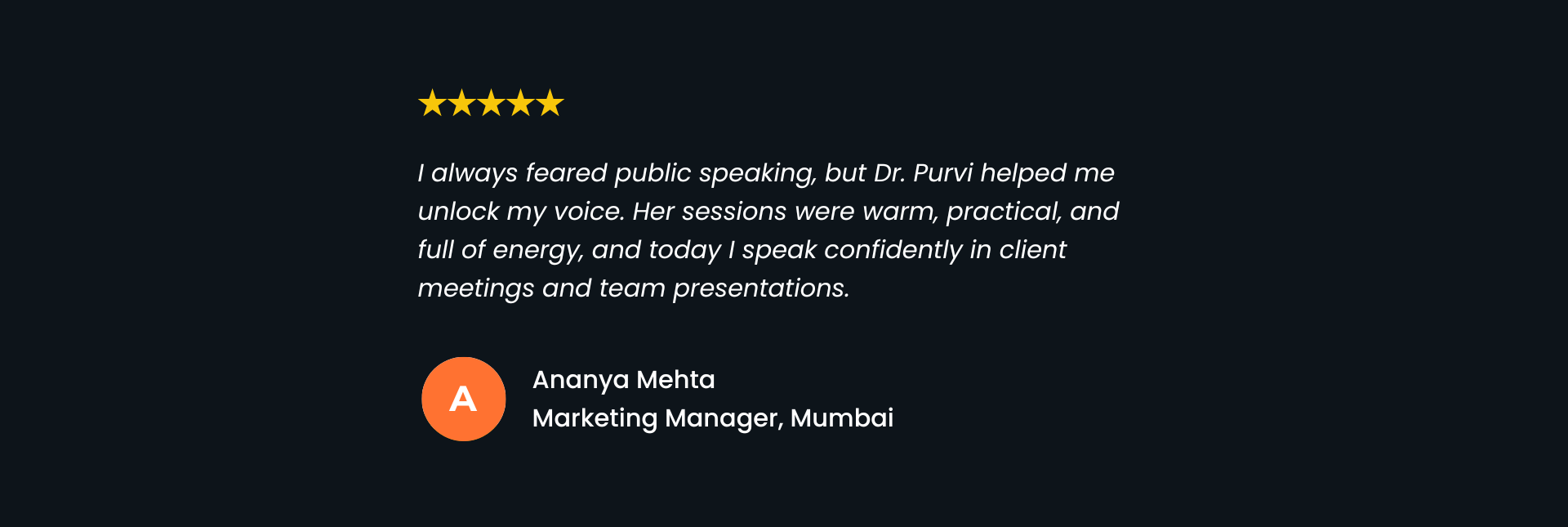
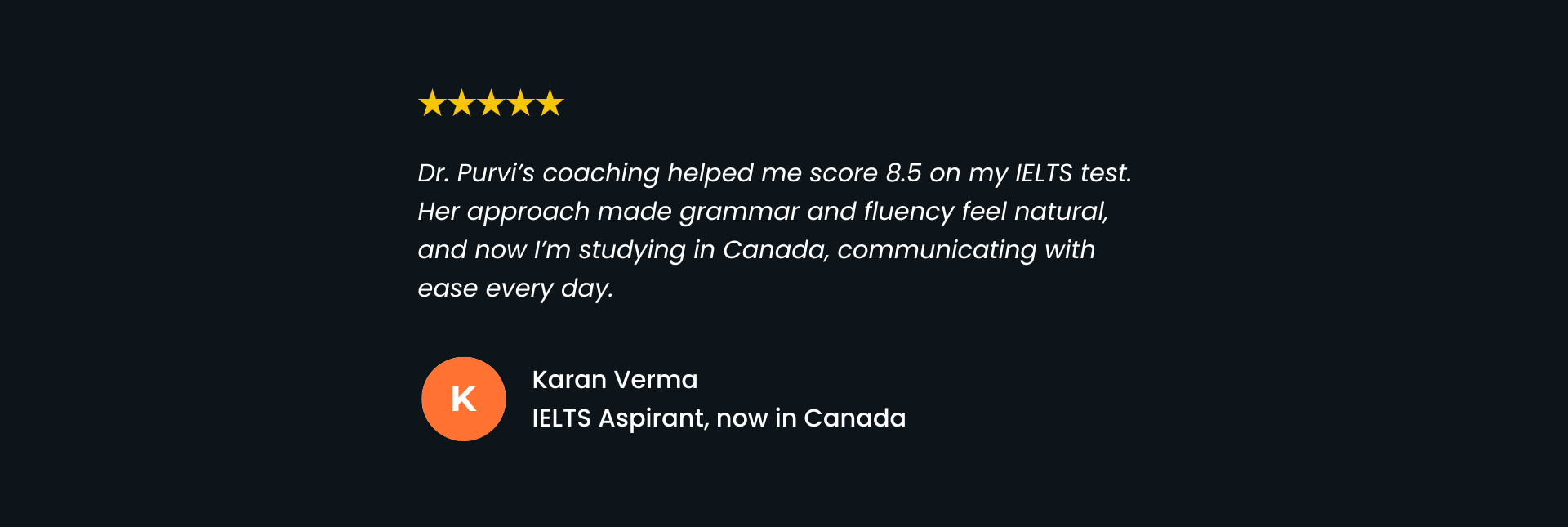
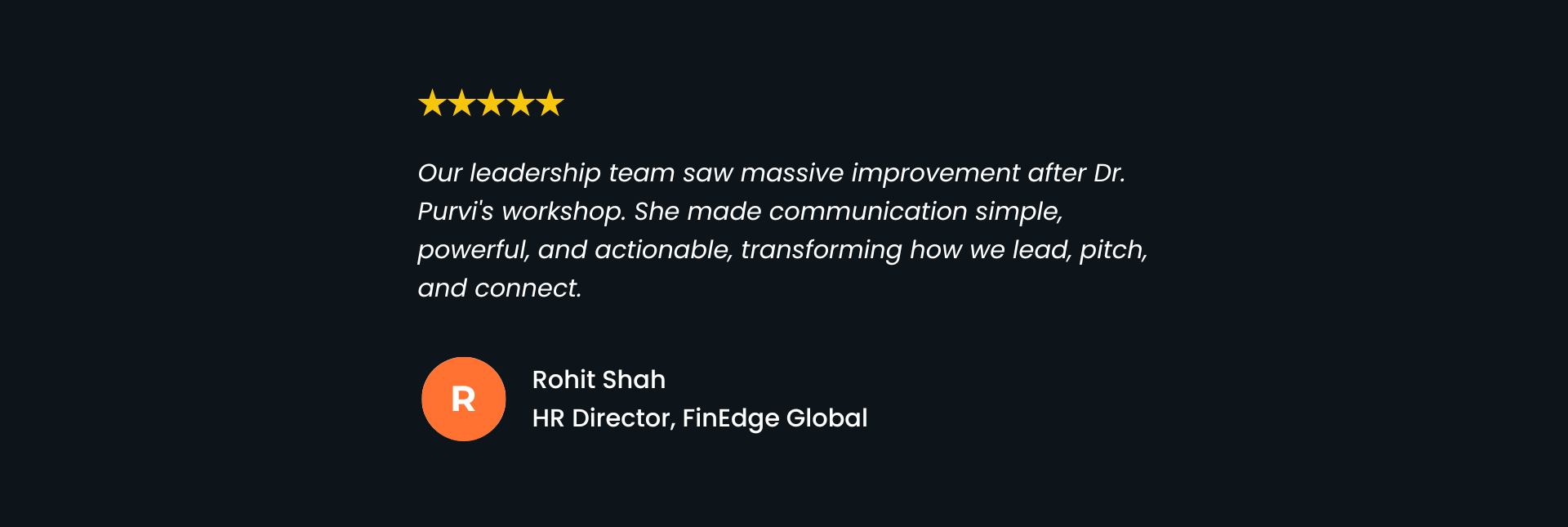
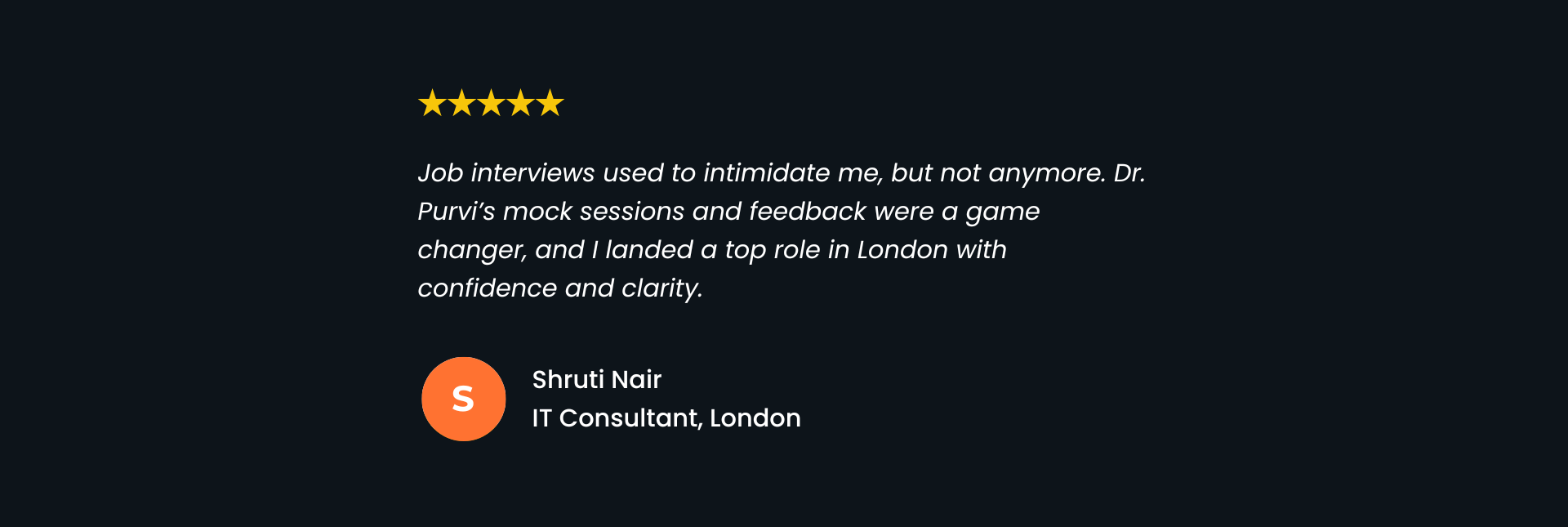
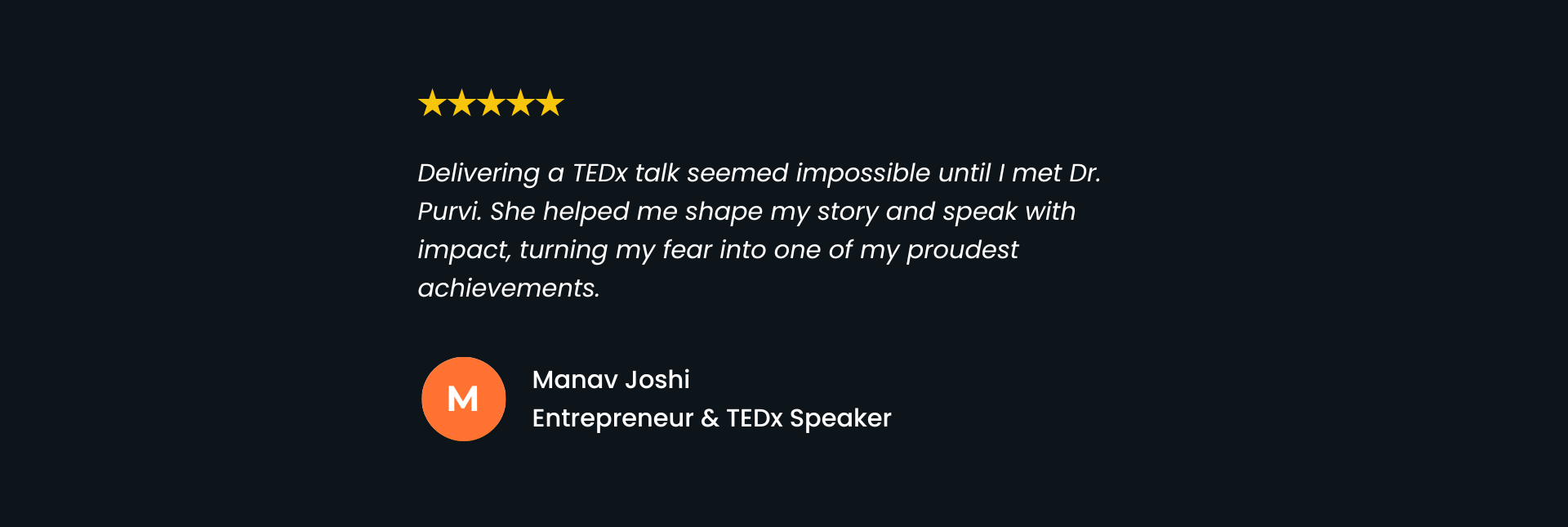
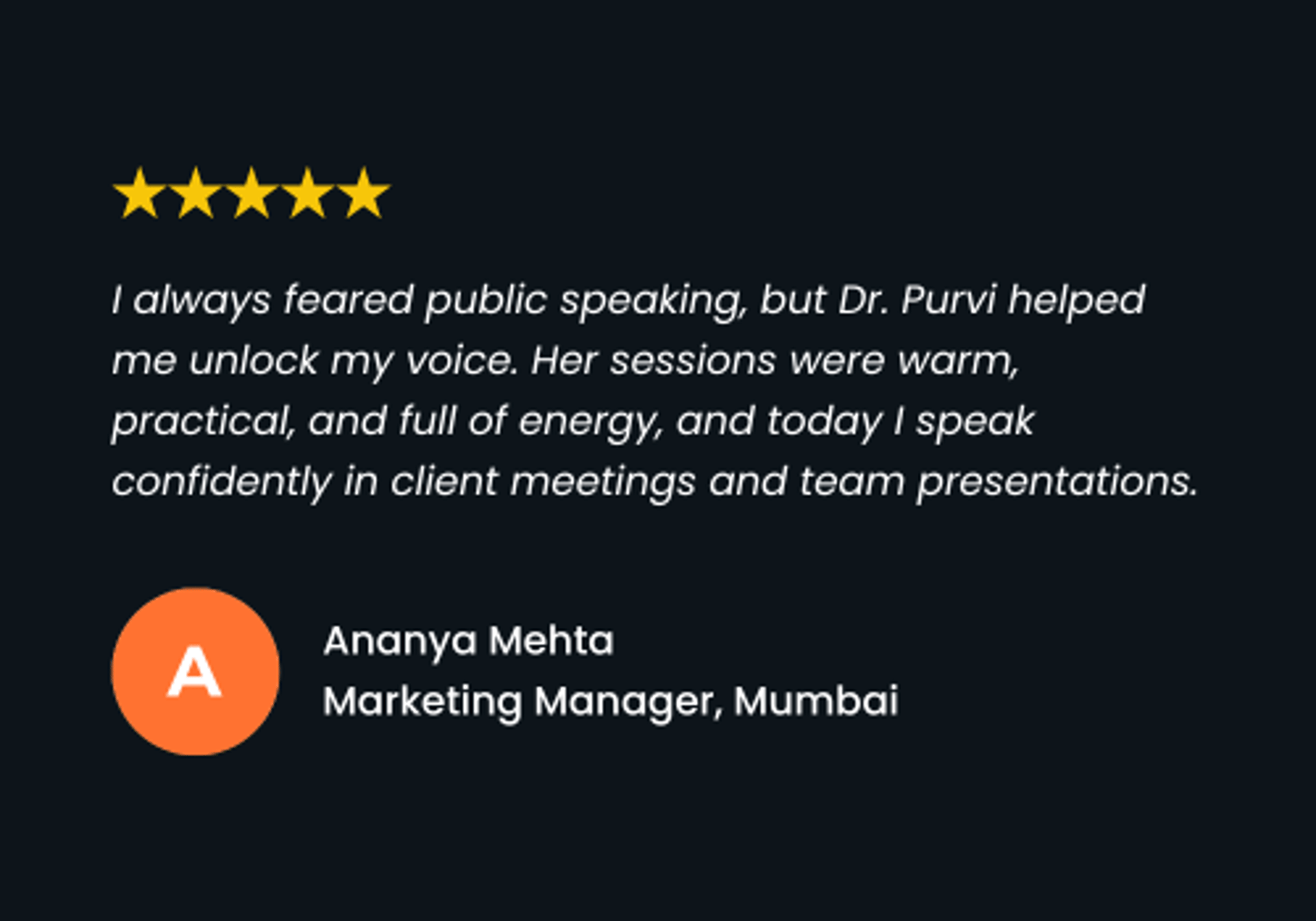
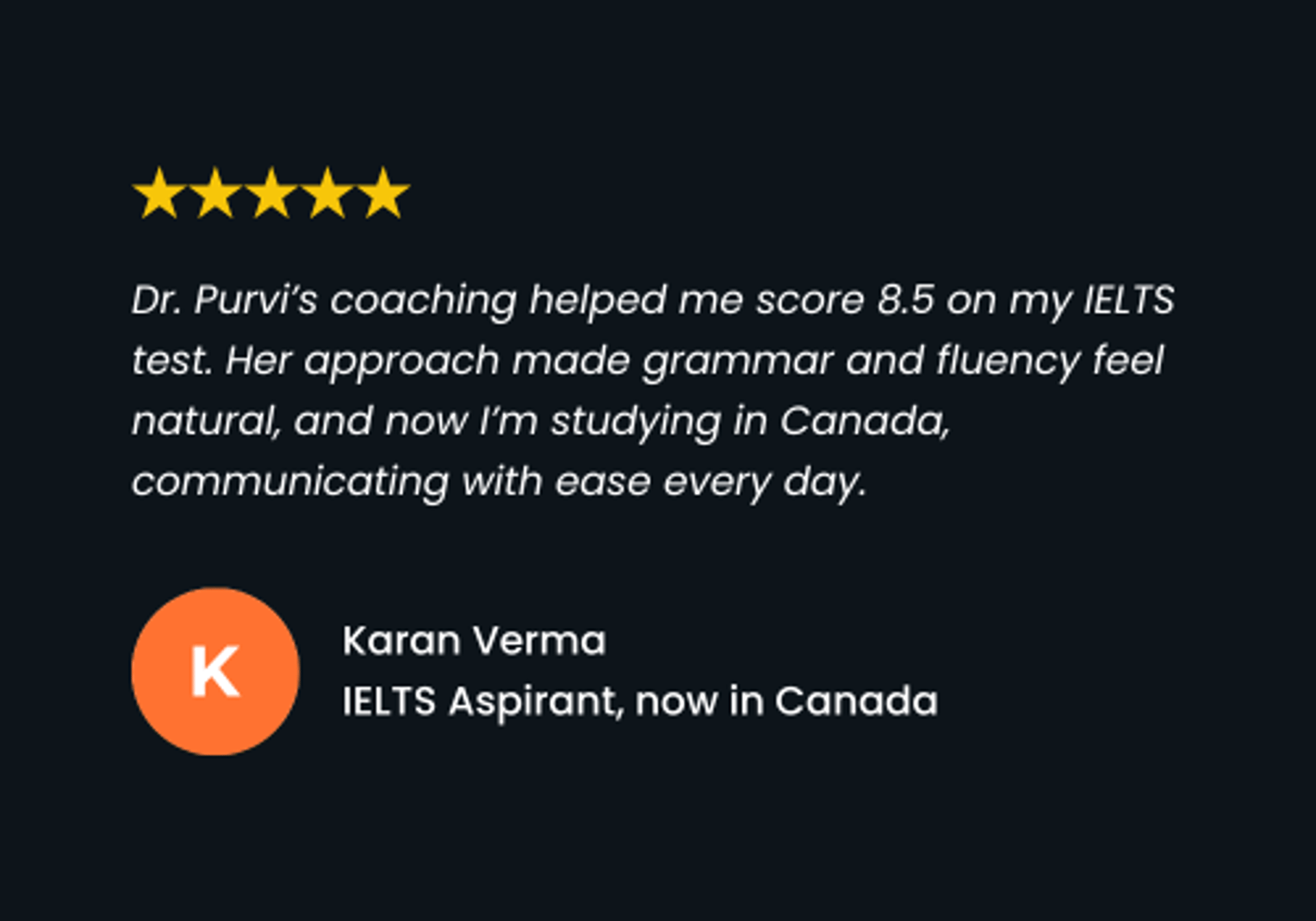

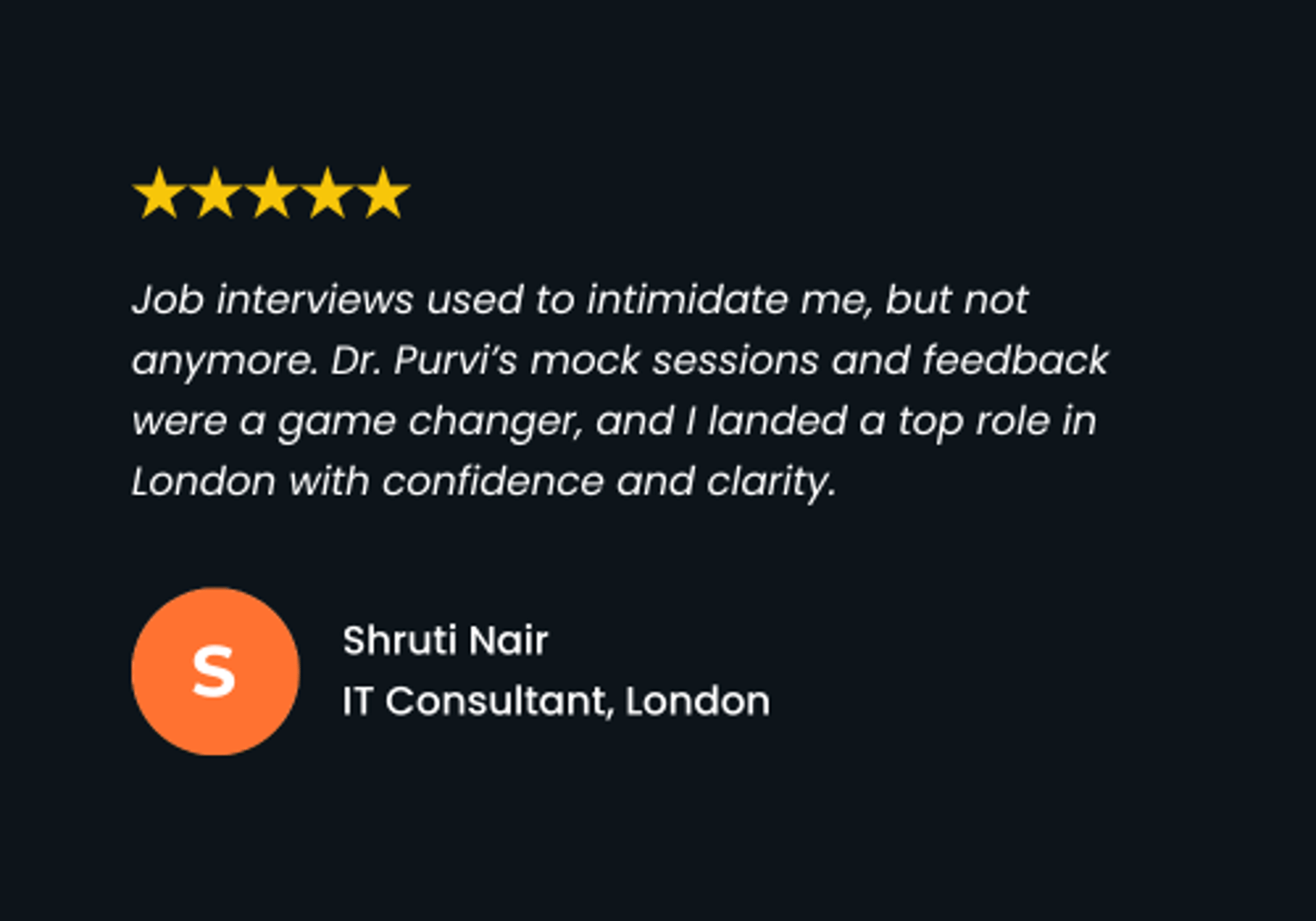

Get In Touch


Get in touch for inquiries about our courses or any questions you may have. We're here to help!
Contact :
Subscribe Our Newsletter :
© 2025. All rights reserved.
Courses :
Follow Me on Linkedin :


